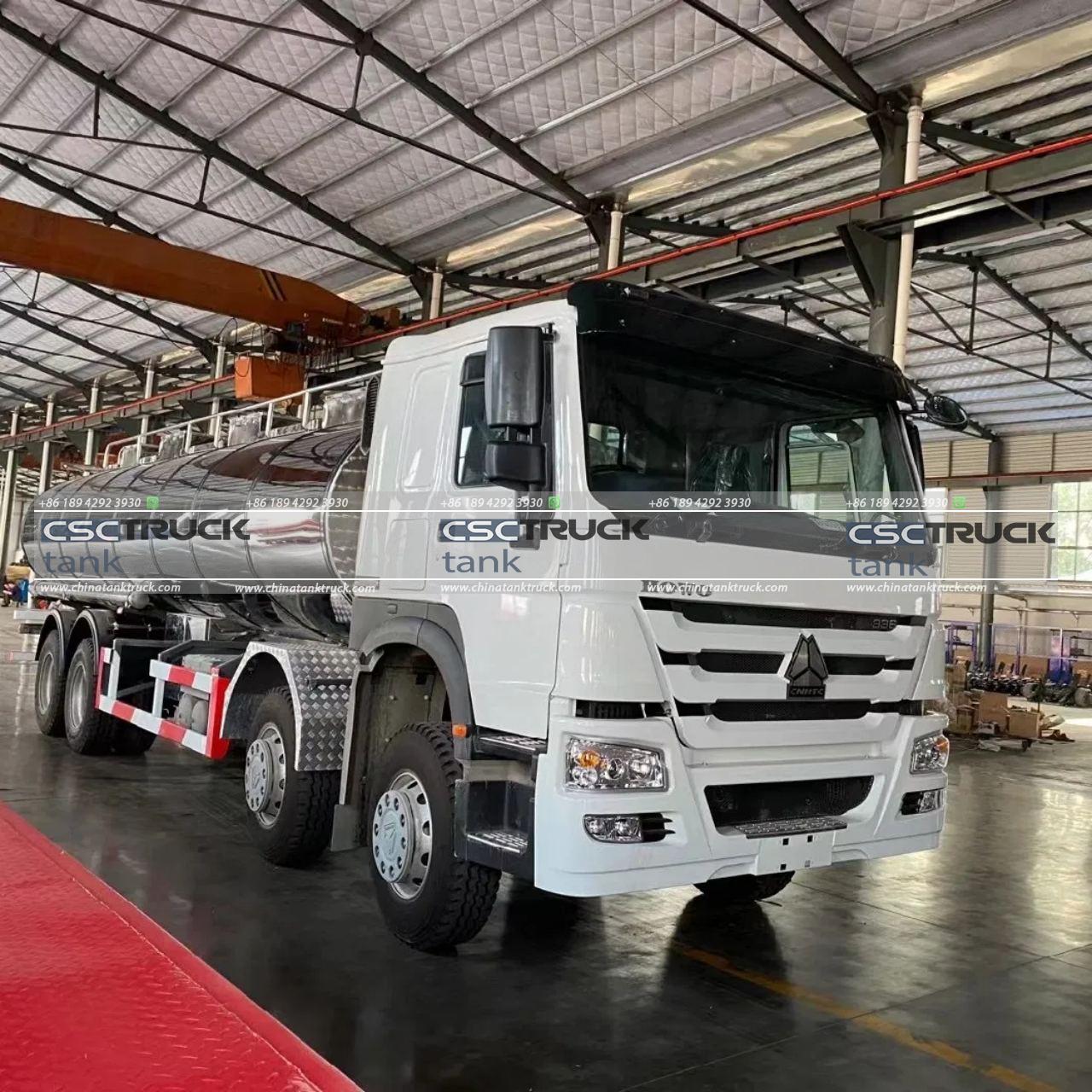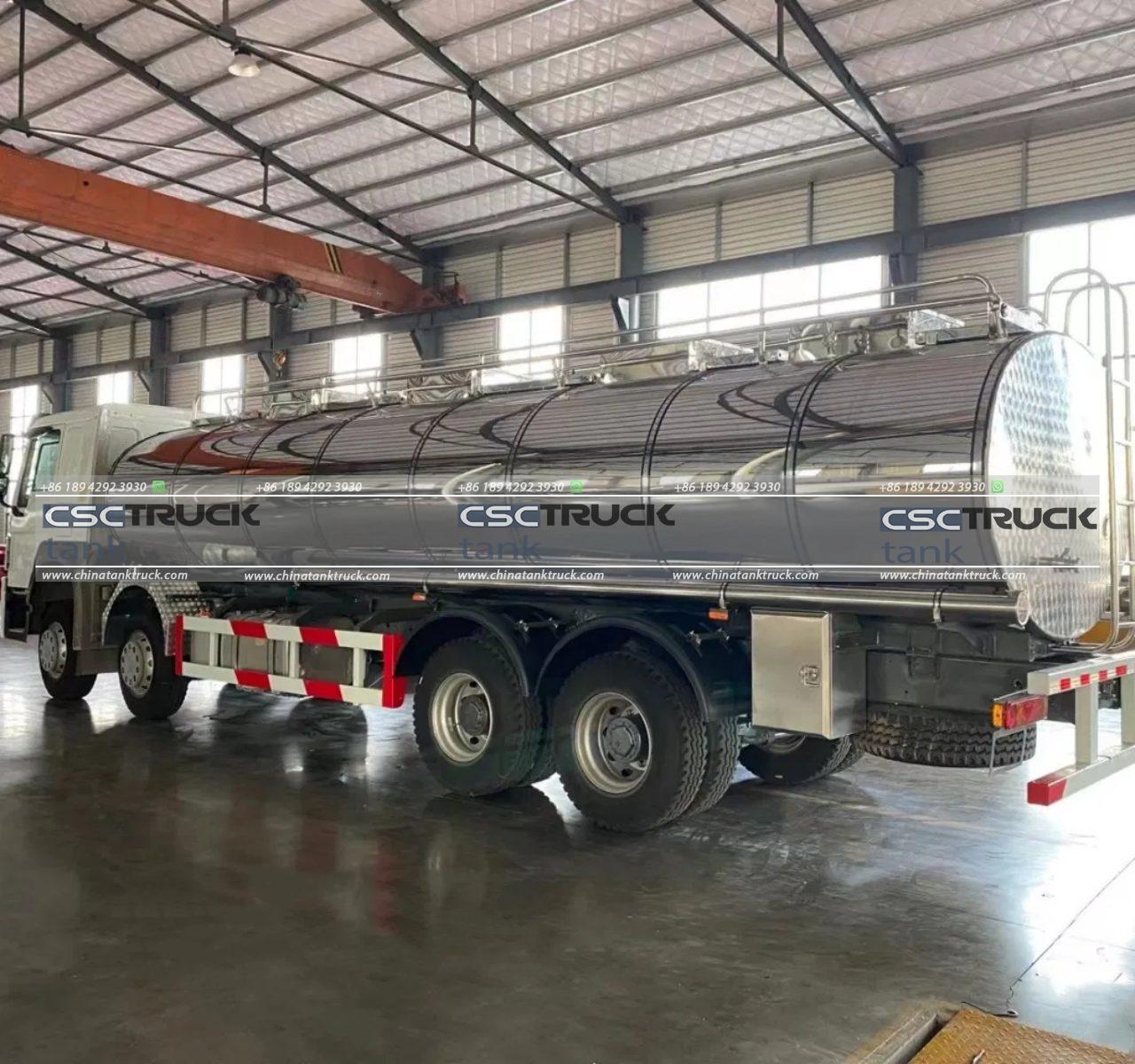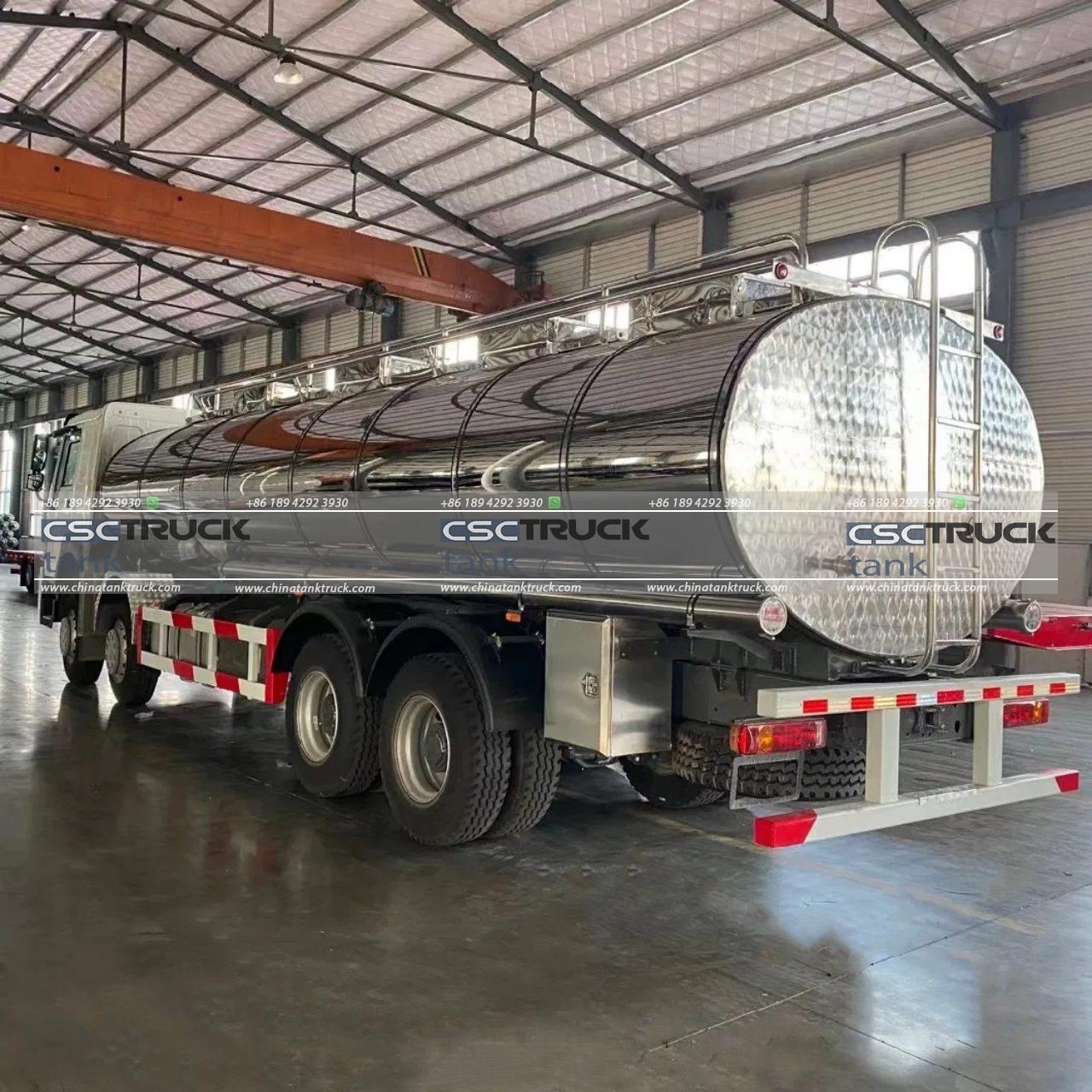What is a Tank Truck Called?
In the diverse world of vehicles, each type serves a specific purpose, and among these, tank trucks occupy a crucial niche. These robust vehicles are indispensable in transporting liquids of various kinds, from fuel and chemicals to water and milk. But what exactly is a tank truck called, and what are the distinctions and uses associated with it? In this article, we will delve into the terminology, types, and applications of tank trucks to better understand their role in modern transportation.
Terminology and Basic Definition
A tank truck, also commonly referred to as a tanker truck, is a specialized vehicle designed to carry liquids. The “tank” part of the truck is essentially a large, cylindrical container mounted on a truck chassis. The tank is usually constructed from materials such as stainless steel, aluminum, or reinforced plastic, depending on the type of liquid being transported. The primary function of these vehicles is to transport and deliver liquids in bulk, making them essential in various industries.
The terminology around tank trucks can vary based on their specific function or the type of liquid they are designed to carry. For example, in the oil and gas industry, you might hear terms like “fuel tanker” or “petroleum tank truck.” In other contexts, such as agriculture or food service, you might come across terms like “milk tanker” or “water tank truck.”

Types of Tank Trucks
1. Fuel Tankers
Fuel tankers are perhaps the most recognizable type of tank truck. They are used to transport various types of fuel, including gasoline, diesel, and jet fuel. Fuel tankers are built with safety features to prevent leaks and spills and often include multiple compartments to carry different types of fuel simultaneously. These tankers are equipped with advanced pumps and hoses for efficient loading and unloading, and they must comply with stringent regulations due to the hazardous nature of their cargo.
2. Chemical Tankers
Chemical tankers are designed to carry hazardous or corrosive chemicals. These trucks are constructed with special materials and coatings to prevent chemical reactions with the tank’s interior. Chemical tankers often include features such as temperature controls and pressure gauges to ensure the safe transportation of volatile substances. These tankers are crucial for industries like agriculture, manufacturing, and pharmaceuticals.
3. Milk Tankers
Milk tankers are specialized for transporting raw milk from dairy farms to processing plants. These tankers are designed to keep the milk at a controlled temperature to prevent spoilage and maintain hygiene. They typically feature insulated tanks and are equipped with cleaning systems to ensure that the milk remains uncontaminated throughout the journey.
4. Water Tank Trucks
Water tank trucks are used for various applications, including supplying water for construction sites, firefighting, and agricultural irrigation. These trucks can vary in size and capacity, from smaller trucks used for landscaping to large tankers used for municipal water supply. Water tank trucks are often equipped with pumps and hoses for distribution purposes.
5. Waste Oil Tankers
Waste oil tankers are used to collect and transport used oil from automotive shops, industrial facilities, or other sources. They are designed to handle the unique properties of waste oil, which can be contaminated with various substances. These tankers often have features to prevent leaks and ensure safe disposal or recycling of the oil.
Construction and Design
The construction of a tank truck is a critical factor in its functionality and safety. The tank itself is typically mounted on a truck chassis and can vary in shape and size depending on the intended use. Key components of a tank truck include:
– Tank Material: Depending on the cargo, tanks can be made from stainless steel, aluminum, fiberglass, or plastic. For example, stainless steel is preferred for food-grade liquids due to its resistance to corrosion and ease of cleaning.
– Tank Shape: Tanks can be cylindrical, spherical, or rectangular. The shape affects the distribution of weight and the stability of the truck during transit.
– Safety Features: Given the hazardous nature of many liquids, tank trucks are equipped with safety features such as pressure relief valves, emergency shut-off systems, and spill containment systems. These features help manage the risks associated with transporting dangerous or sensitive liquids.
– Pumping and Loading Systems: Tank trucks are equipped with various systems for loading and unloading cargo. These can include pumps, hoses, and valves designed to handle the specific type of liquid being transported.

Regulations and Safety
Due to the potentially hazardous nature of the liquids they transport, tank trucks are subject to strict regulations and safety standards. Regulatory agencies such as the Department of Transportation (DOT) in the United States, the European Union’s ADR (Accord européen relatif au transport international des marchandises Dangereuses par Route), and other local bodies impose regulations that cover:
– Vehicle Design: Specifications for tank construction, including material standards and safety features.
– Driver Certification: Requirements for drivers to hold specialized licenses or certifications, particularly when transporting hazardous materials.
– Maintenance and Inspections: Regular maintenance and inspections are required to ensure that tank trucks remain in safe operating condition and comply with safety standards.
Applications and Impact
Tank trucks play a vital role in numerous industries, facilitating the efficient and safe transport of essential liquids. Their impact is evident in various sectors:
– Agriculture: Milk tankers ensure that fresh milk reaches processing plants, supporting dairy operations.
– Construction: Water tank trucks provide necessary water supplies for construction sites and dust control.
– Emergency Services: Tankers with firefighting capabilities are crucial in providing water for emergency response situations.
– Manufacturing: Chemical tankers support the manufacturing of products across industries by delivering necessary raw materials.

In conclusion, tank trucks, or tanker trucks, are indispensable in modern logistics, supporting a wide range of industries by transporting liquids safely and efficiently. Understanding the different types of tank trucks and their specific applications provides insight into their critical role in our everyday lives and various industries.

